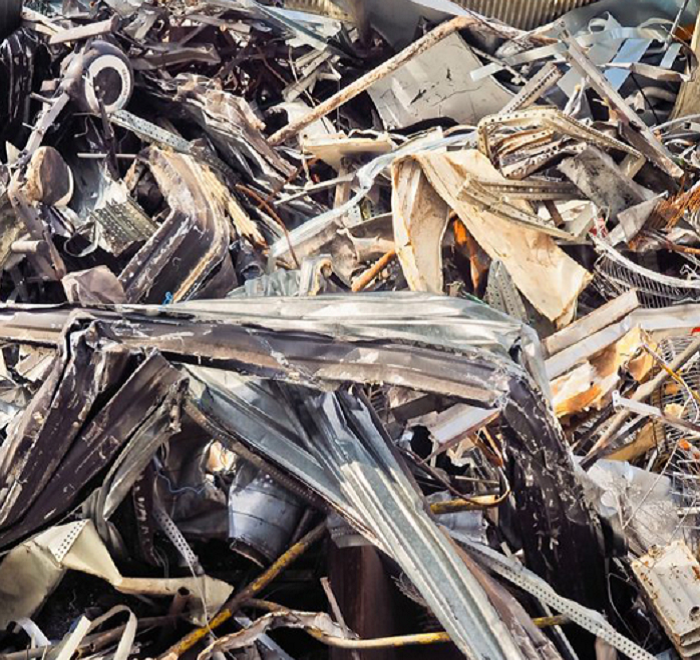In recent times, the world has witnessed an increase in the amount of waste generated daily due to various reasons. This situation has raised concerns among environmentalists and policymakers because waste disposal can lead to environmental hazards. However, recycling is an excellent way to reduce the amount of waste generated, and scrap metal recycling is an example of a recycling method that has numerous environmental benefits. In this blog post, we will explore the environmental benefits of scrap metal recycling and how it can enhance sustainability.

Conserves Natural Resources: Scrap metal recycling conserves natural resources because metal is a finite material that is not renewable. Recycling metal helps to reduce the pressure on natural resources because scrap metal can be used to make new products instead of mining for new materials. The process of extracting minerals used in making metal is energy-intensive causing emissions of greenhouse gases. When scrap metal is used instead of new ore, it reduces energy consumption and the associated greenhouse gas emissions.
Reduces Landfill Waste: Scrap metal recycling reduces landfill waste by diverting metal waste from landfills. When scrap metal waste ends up in landfills, it can take up a lot of space that could be used for other kinds of waste. Metal waste is also not biodegradable, this litter lasts much longer than other types of waste. By recycling scrap metal, the landfills will be less filled, creating more space that can be utilised for other ways like housing or parks that will create economic value for society.
Decreases Energy Consumption: Scrap metal recycling decreases energy consumption because it uses less energy to recycle metal compared to virgin metal production from ore. When recycling scrap metal, less energy is needed to melt down the material making it more energy efficient. This energy efficiency leads to a reduction in carbon emissions, which improves the quality of the environment for all. Also, any metal equipment that is no longer in use, and still in good condition, can be reused without the need for any additional production resources.
Reduces Pollution: Scrap metal recycling helps to reduce pollution because the manufacturing of metal goods produces pollution due to greenhouse gas emissions. The extraction of raw material copper, iron, zinc, or aluminium requires the use of fossil fuels that produce a lot of greenhouse gases. When metal is recycled, fewer greenhouse gases are produced, which leads to a reduction in air pollution, benefiting all living organisms.
Creates Jobs: Scrap metal recycling also provides a platform for job creation, supporting the economy. Processing scrap metals and turning them into profitable and reusable raw materials is a way to create job opportunities. It provides opportunities for people with diverse skills and talents, further enhancing the stability of the community, and reducing the dependence on foreign markets for supplies of raw material from mines.
In conclusion, scrap metal recycling is valuable because of its numerous environmental benefits. As we continue to move towards a more sustainable future, recycling scrap metal is an important step the world can take in enhancing sustainability. All the benefits of scrap metal recycling mentioned in this post are clear evidence that efficient recycling is vital for a healthy and protected environment for many generations to come. Scrap metal recycling conserves natural resources, reduces landfill waste, decreases energy consumption, reduces pollution, and creates jobs. We can all contribute to this effort by voluntarily recycling our scrap metal materials and encouraging others to do the same. It is fruitless to overemphasise how pivotal a step scrap metal recycling is in promoting the health and wellness of the planet.
